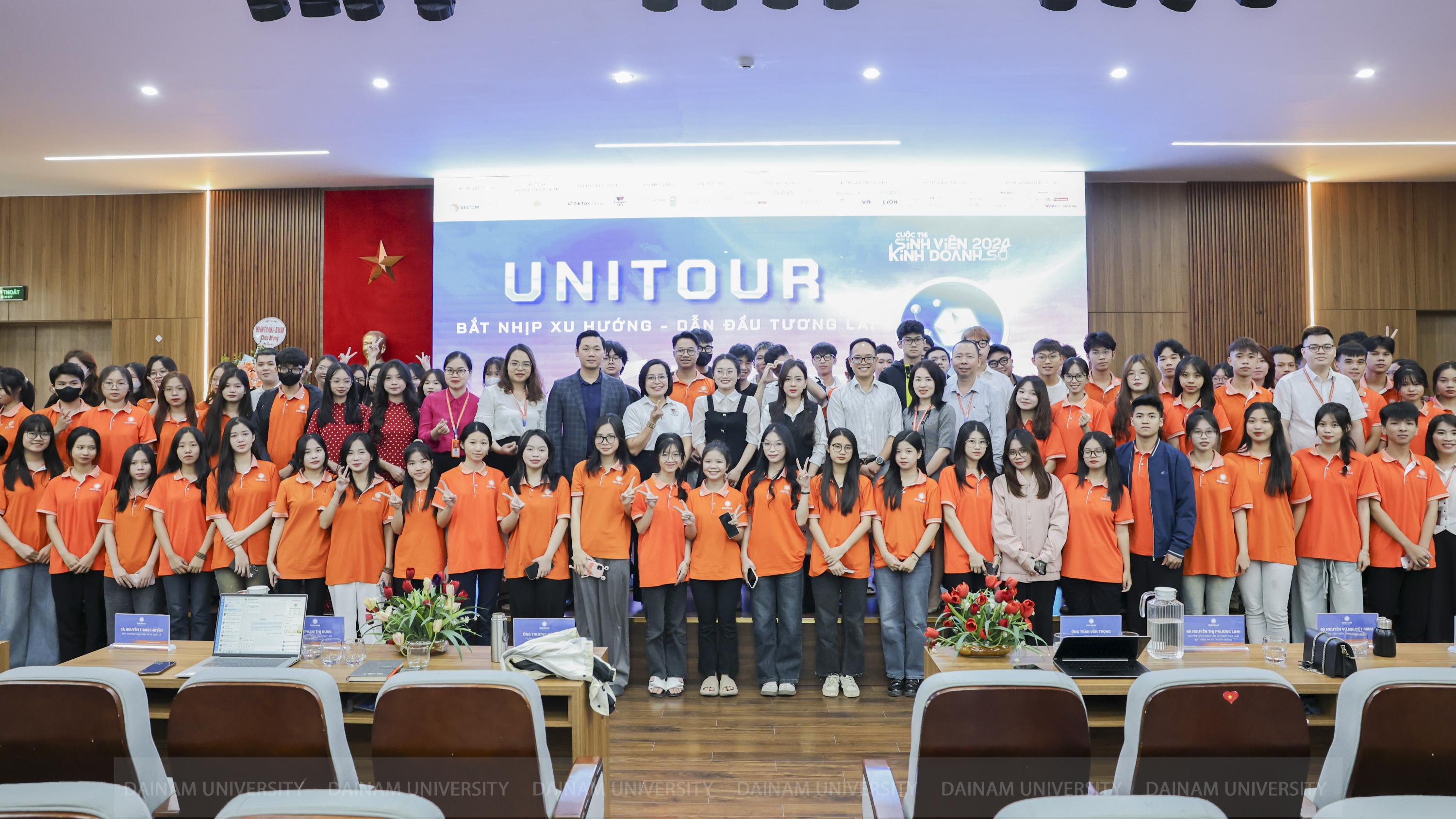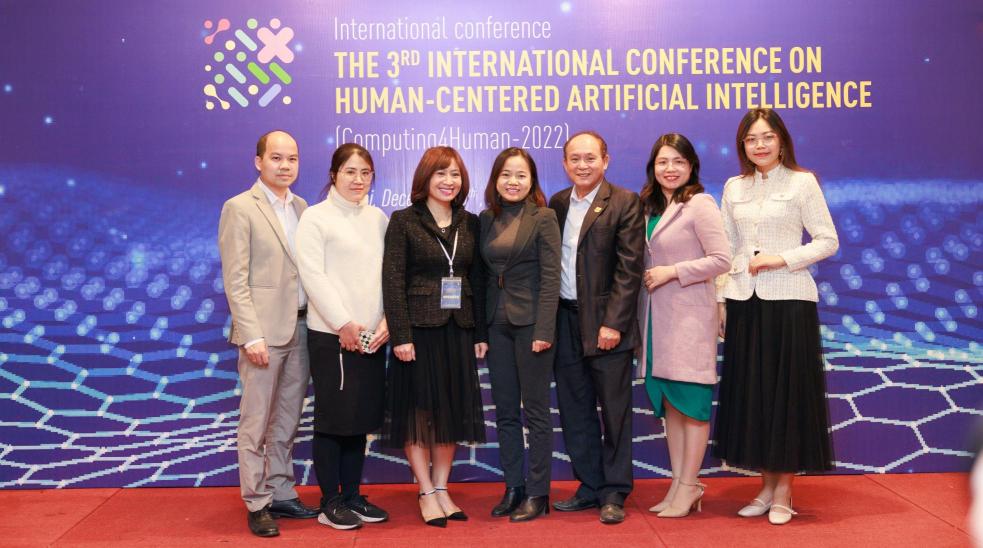Accounting Research on Stakeholder Theory

MSc. Tran Thi Hong Hue - Lecturer of Faculty of Accounting
According to stakeholder theory, a business cannot maximize value without maintaining relationships with its stakeholders and there is a growing debate about whether the goal of a business is to maximize profits or to benefit its stakeholders. This theory emphasizes that the success of a business depends on the sustainability of its business activities, which can only be achieved by taking into account the needs of its stakeholders.
In Vietnam, the Ministry of Finance has also issued accounting standard No. 26 “Information on related parties” (Issued and announced under Decision No. 234/2003/QD-BTC dated December 30, 2003 of the Minister of Finance). In this standard, the following cases are considered related parties:
(a) Enterprises that directly or indirectly through one or more intermediaries control, or are controlled by, or are under common control with, the reporting enterprise (including parent companies, subsidiaries and fellow subsidiaries);

Illustration photo.
(b) Associated companies (as prescribed in Accounting Standard No. 07 “Accounting for investments in associated companies”);
(c) Individuals who have direct or indirect voting power in the reporting enterprise that gives them significant influence over the enterprise, including close family members of such individuals. Close family members of an individual are those who can influence or be influenced by that person in their dealings with the enterprise, such as: Father, mother, wife, husband, children, siblings;
(d) Key management personnel having authority and responsibility for planning, directing and controlling the activities of the reporting enterprise, including directors, officers and close family members of such individuals;
(d) Enterprises in which a substantial interest in the voting power is held directly or indirectly by a person referred to in paragraph (c) or (d) or over which such a person is able to exercise significant influence. This includes enterprises owned by directors or major shareholders of the reporting enterprise and enterprises that have a key member of management in common with the reporting enterprise.
In this standard, the following are not considered related parties:
(a) The two companies have a common Director, notwithstanding cases 3(d) and 3(e) above (but the exception should also be considered by assessing the ability of that Director to influence the policies of both companies in joint transactions);
(b) Organizations and individuals having normal relationships with the enterprise:
- Organizations and individuals providing finance
- Political, union and social organizations
- Public service units
- State management agencies
(c) A customer, supplier, distributor, or agent in general with whom the enterprise conducts a large volume of transactions despite resulting in economic dependence.
Thus, we can see the relative difference between the way of defining stakeholders between stakeholder theory and those who build and enforce the Law. Therefore, in the relationship with stakeholders, enterprises need to determine which stakeholders have a dominant role in their continued operations in order to have appropriate behaviors to ensure the existence of the enterprise.
It can be said that the core value of stakeholder theory helps us to see the values created by different parties, together supporting the activities of the enterprise. At the same time, stakeholder theory also reflects the new trend of modern society in which modern enterprises depend more on the social responsibility that they perform because people today care more about the environment.
There is growing evidence that for a business, the greatest resource is people rather than capital. Therefore, the biggest problem for businesses is how to combine the knowledge and experience of individuals and workers.
In summary, many researchers use legitimacy theory and stakeholder theory to explain the formation and development trends of social accounting (environmental accounting, sustainable development accounting). From a certain perspective, employees, shareholders, customers, financial partners, public authorities, communities, and the environment are the main subjects in a modern society (according to the approach of legitimacy theory)./.
References:
Accounting Standard No. 26 “Information about related parties” (Issued and announced under Decision No. 234/2003/QD-BTC dated December 30, 2003 of the Minister of Finance).
The article “Theories on corporate purposes and their application in Enterprise Law in Vietnam” by Dr. Le Thai Phong, Foreign Trade University and Dr. Vu Van Ngoc, National Economics University.
Discussion article on “Social responsibility accounting reports, practical application in European enterprises” by Nguyen Thi Huong Lien, University of Economics, Vietnam National University, Hanoi, published in the VNU Science Journal: Economics and Business, volume 30, number 3 (2014)










